After the COVID-19 pandemic stopped many asylum procedures throughout Europe, fresh technologies have become reviving these types of systems. Via lie diagnosis tools examined at the edge to a program for confirming documents and transcribes selection interviews, a wide range of solutions is being applied to asylum applications. This article explores how these solutions have reshaped the ways asylum procedures will be conducted. It reveals just how asylum seekers are transformed into forced hindered techno-users: They are asked to conform to a series of techno-bureaucratic steps and to keep up with unpredictable tiny changes in criteria and deadlines. This obstructs all their capacity to understand these systems and to go after their right for safety.
It also displays how these technologies are embedded in refugee governance: They assist in the ‘circuits of financial-humanitarianism’ that function through a whirlwind of dispersed technological requirements. These requirements increase asylum seekers’ socio-legal precarity simply by hindering these people from opening the channels of cover. It further states that analyses of securitization and victimization should be coupled with an insight in the disciplinary www.ascella-llc.com/what-is-the-due-diligence-data-room mechanisms these technologies, through which migrants will be turned into data-generating subjects exactly who are disciplined by their reliability on technology.
Drawing on Foucault’s notion of power/knowledge and comarcal expertise, the article states that these solutions have an natural obstructiveness. They have a double impact: although they aid to expedite the asylum method, they also make it difficult for the purpose of refugees to navigate these types of systems. They are positioned in a ‘knowledge deficit’ that makes all of them vulnerable to illegitimate decisions of non-governmental actors, and ill-informed and unreliable narratives about their cases. Moreover, that they pose fresh risks of’machine mistakes’ which may result in inaccurate or discriminatory outcomes.
